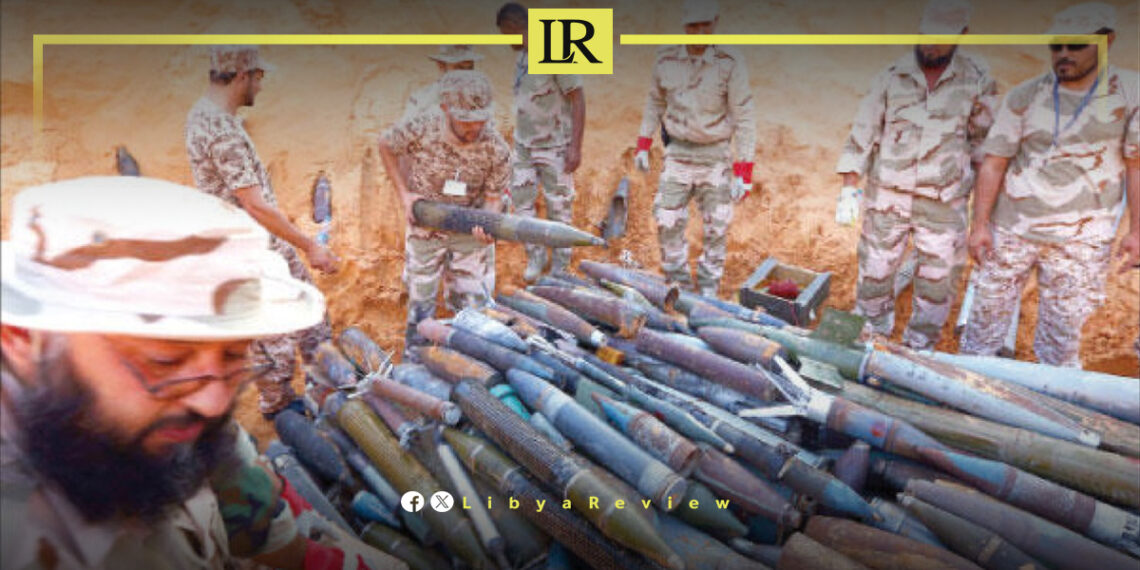A massive explosion shook the arms depot at the Al-Naam military camp in Tajoura, western Libya, resulting in the deaths of two members of the Rahba al-Duru’ Brigade and injuring several others. This tragic incident echoes a similar explosion in August at the “Sabriya Camp” in the Hamidiya region of Tajoura, where landmines detonated during their transfer from the camp for clearance, killing two Libyans and four Africans.
These incidents highlight the fragile security situation in Libya, particularly in the west, where militias control large swaths of territory. Arms depots are scattered across the region in an unsafe and haphazard manner, many dangerously close to residential areas, putting civilian lives at risk.
The lack of oversight and accountability over these armed groups exacerbates the threat. In western Libya, no authority dares to inspect a militia’s weapon storage facility, and many depots lack adequate security measures, making them vulnerable to accidental explosions due to negligence.
These dangers present significant challenges to local and international efforts to stabilize Libya and proceed with long-awaited elections. Amid the current security breakdown, achieving peace and security appears to be a distant dream.
Despite continuous calls from Libyan politicians and leaders for disarming militias and integrating their members into a unified military structure under the Libyan National Army (LNA), the reality suggests that such steps are unlikely to materialize anytime soon.
The peril of these unregulated arms depots is compounded by frequent clashes between rival militias, which have been a recurrent feature of Libya’s landscape in recent years. These battles for dominance have left the country in a constant state of unrest.
Addressing the issue of random arms depots is a pressing matter that demands immediate action to protect civilians. It requires coordination between local and international authorities, as well as civil society, to ensure the implementation of effective and sustainable solutions that safeguard lives and restore confidence in the state’s ability to provide security and stability.


